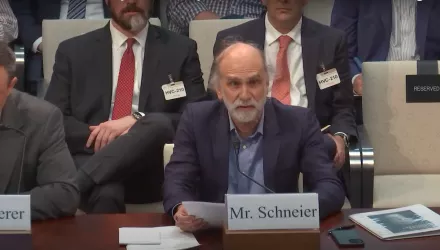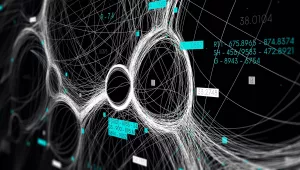With engineering, economics, and comparative complex organization theory/political science degrees, Dr. Chris C. Demchak is the US Naval War College’s Grace M. Hopper Chair of Cyber Security and Senior Cyber Scholar, Cyber and Innovation Policy Institute (CIPI) – formerly co-founder and director of Center for Cyber Conflict Studies (C3S). Her research and many publications address global cyberspace as a globally shared, complex, insecure ‘substrate’ penetrating throughout the critical organizations of digitized societies, creating ‘cybered conflict’, and resulting in a rising ‘Cyber Westphalia’ of sovereign competitive complex socio-technical-economic systems (STESs). Looking beyond Great Power Competition, Demchak takes a systemic approach to emergent structures, comparative institutional evolution, adversary/defensive systemic cybered tools, virtual gaming for operationalized organizational learning, and designing systemic resilience against surprises that disrupt or disable largescale systems. Having studied LISP programming - as well as serving as a military officer, she has taught international security studies and management, comparative organization theory, enterprise information systems, and cybersecurity for international/ national security issues. Recent works include Designing Resilience (2010 co-edit); Wars of Disruption and Resilience (2011); and two in-progress manuscripts: Cyber Westphalia: Redrawing International Economics, Conflict, and Global Structures, and Cyber Command: Understanding Varying Models as National Cyber Defense Experiments.


